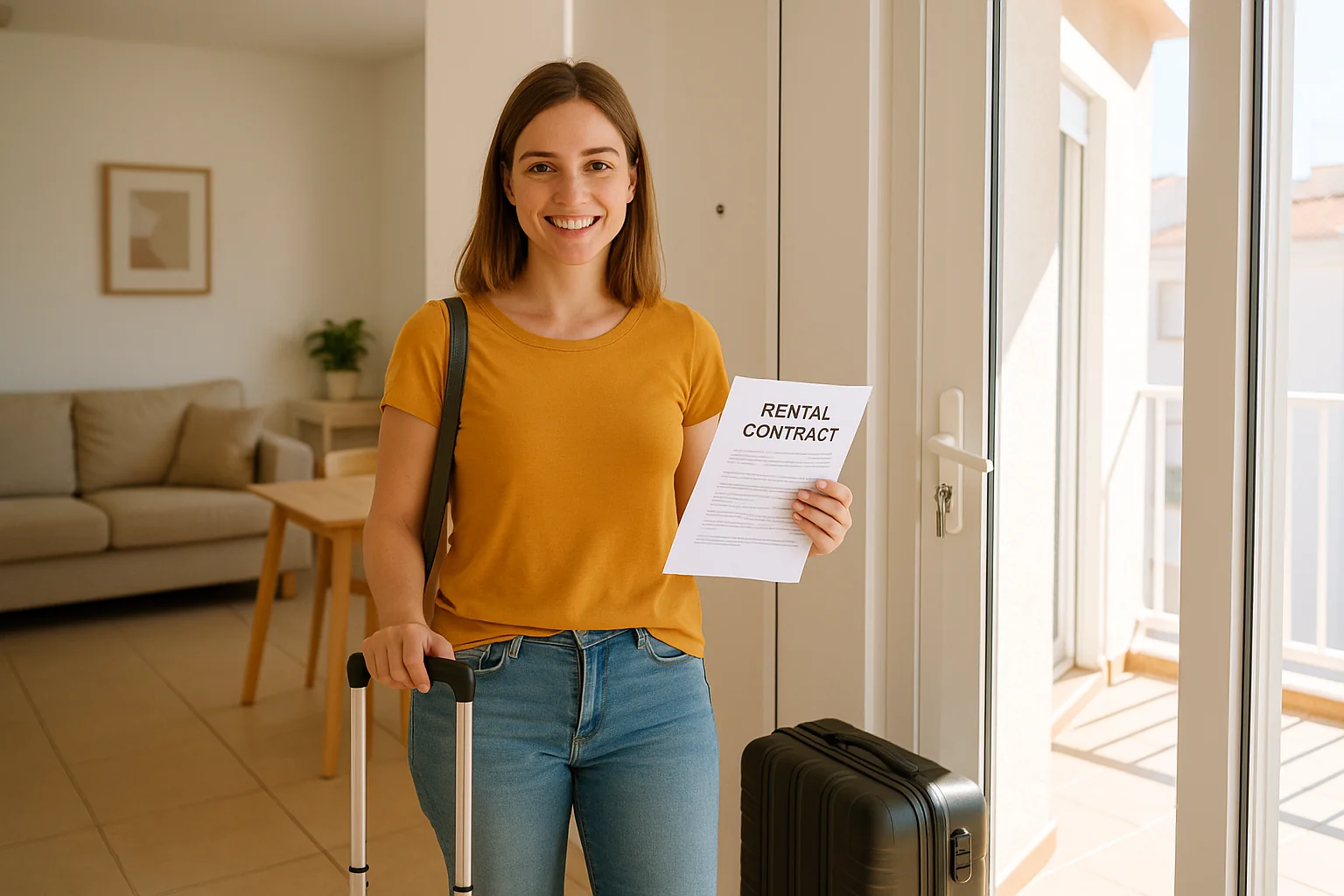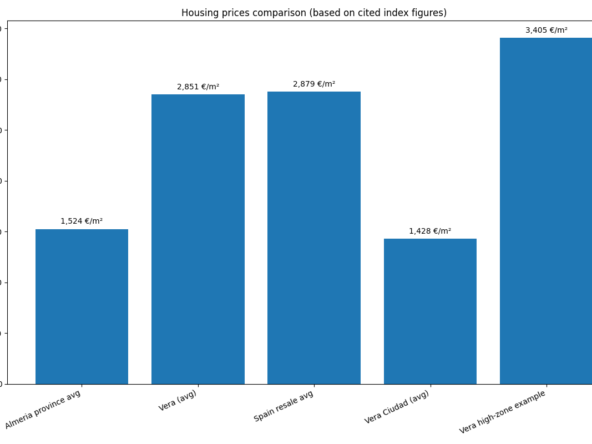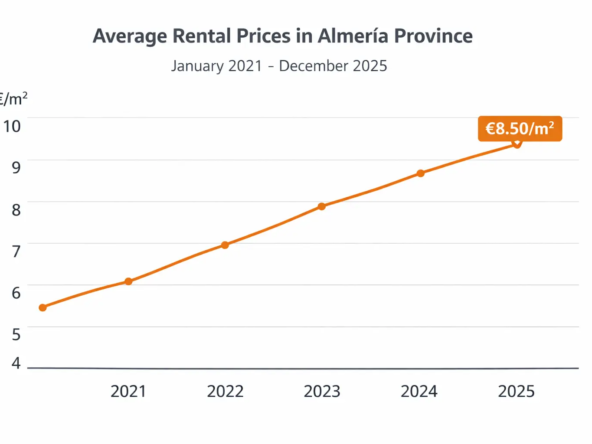Published July 11, 2025 | Category: Legal Tips
Thinking of subletting a rental property in Spain? It’s legal only under strict conditions — and failing to comply with the rules could lead to fines, eviction, or termination of contract.
Subletting in Spain: What Tenants and Owners Need to Know
1. What is subletting — and when does it apply?
Subletting refers to a tenant renting out all or part of the property they’re renting to a third party. This includes situations where you:
- Rent a room to someone while living in the same property
- Temporarily rent the entire home while you’re away
- List your apartment on platforms like Airbnb
In all cases, you’re effectively becoming a landlord — and Spanish law has clear restrictions on who can do this, and under what conditions.
2. Is subletting legal in Spain?
| Scenario | Legality | Conditions |
|---|---|---|
| Subletting without owner’s permission | Illegal | Can lead to eviction |
| Subletting with written consent | Legal | Must be clearly authorised in contract |
| Tourist subletting (Airbnb, etc.) | Legal (with license) | Requires local permit |
| Subletting commercial space | Possible | Depends on contract and usage |
According to the Spanish Urban Lease Law (*Ley de Arrendamientos Urbanos*), residential tenants must have explicit permission from the landlord before subletting. In practice, most standard contracts prohibit subletting entirely.
3. Risks of illegal subletting
If you sublet a property in Spain without permission or the proper license, you risk the following consequences:
- Immediate termination of your lease
- Loss of deposit or legal claims by the landlord
- Fines of up to €10,000 or more in some regions
- Legal liability for damage or nuisance caused by subtenants
In areas with strict tourism controls (e.g. Andalusia, Catalonia), unlicensed holiday lets are actively monitored and fined.
4. Subletting vs. Tourist Rentals
Subletting and tourist rentals are often confused. Here’s how they compare:
| Aspect | Subletting | Tourist Rental |
|---|---|---|
| Typical duration | Weeks or months | Days or weeks |
| Tenant remains on lease | Yes | Often not (owner rents directly) |
| Requires landlord approval | Yes | Yes + tourist license |
| Requires tourist registration | No | Yes (Andalusian Tourism Registry) |
| Fines for non-compliance | Moderate risk | High risk |
Listing a property you rent on Airbnb or Booking.com without being the owner and without a license is both an illegal sublet and a breach of tourism laws — a double violation that authorities increasingly target.
5. What should tenants do before subletting?
- Read your rental contract — subletting is often explicitly forbidden
- Ask the landlord for written permission
- If offering short-term lets, check if a tourist license is needed
- Understand your liability for guests’ behaviour and damage
If in doubt, speak to a local legal advisor or property manager. Subletting without clarity can quickly become a legal and financial headache.
6. What landlords need to consider
If you’re a property owner renting out long-term, you may want to:
- Include clear no-subletting clauses in all contracts
- Regularly verify the use of the property
- Be aware of tourist rental registrations and their risks
In some cases, allowing a carefully screened sublet can be beneficial — but only if well-regulated.
6b. Renting before buying? What you need to know
Many foreign buyers choose to rent a home in Almería first — to get a feel for the area, assess lifestyle compatibility, or explore different villages. This is a smart approach, but comes with a few legal cautions:
- You cannot sublet the rental property during your absence unless explicitly authorised
- If you travel frequently or return to your home country part-time, leaving the rental empty may not justify paying full rent — but subletting it without permission could void your lease
- Some owners may allow short-term guests or family use — but this must be agreed in writing
If you’re planning to rent for 6–12 months before buying, be clear about your intentions with the landlord and avoid any informal or “under-the-radar” arrangements. Spain’s tenancy laws are strict, and unauthorised subletting — even short-term — can trigger legal consequences.
7. Final takeaway: Know the rules before you sublet
Subletting in Spain is not automatically illegal — but it’s heavily restricted. Tenants must always check their contract and request formal approval. Owners should define their expectations clearly from the outset to avoid legal complications.
Tourist rentals — whether sublet or direct — fall under a separate legal framework, requiring registration and compliance with regional laws like those in Andalusia. Failing to comply may lead to major fines and legal trouble.
If you’re an international buyer renting before purchasing, it’s crucial to understand that subletting your trial home while you’re away — even temporarily — is rarely allowed. Speak openly with your landlord and consider flexible lease options that match your lifestyle.
Note: This article provides general guidance only. Laws may vary by region and municipality. For specific cases, seek legal advice or contact us.
More like this: Real Estate & Economy




